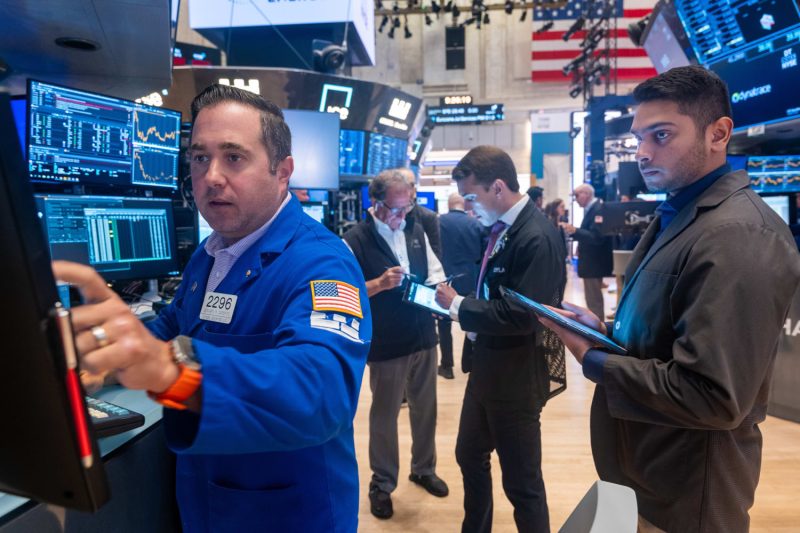The recent downturn in the U.S. markets has sparked concern among investors, with many observing sharp declines in various sectors. Despite these fluctuations, some economists remain cautiously optimistic about the overall stability of the economy. This divergence in perspectives points to the complexity of assessing market trends and economic health.
One of the key factors contributing to the market decline is the ongoing trade tensions between the United States and other major economies, particularly China. The uncertainty surrounding trade negotiations and the imposition of tariffs have had a significant impact on investor confidence, leading to increased market volatility. Additionally, geopolitical issues, such as the tensions in the Middle East and concerns about global economic growth, have further exacerbated market jitters.
On the domestic front, the recent inversion of the yield curve has also raised red flags for many investors. An inverted yield curve, where short-term interest rates exceed long-term rates, is often seen as a predictor of an impending recession. This development has heightened fears of an economic slowdown, prompting some investors to pull back from riskier assets and move towards safer investments.
However, amidst these concerns, some economists argue that the fundamentals of the U.S. economy remain strong. The labor market continues to show resilience, with low unemployment rates and steady job growth indicating a healthy economy. Consumer spending, a key driver of economic growth, has remained robust, supported by rising wages and low inflation.
Moreover, the Federal Reserve’s recent decision to cut interest rates has been seen as a proactive measure to support economic expansion. Lower borrowing costs can encourage investment and stimulate consumer activity, helping to mitigate the impact of external uncertainties on the economy. Additionally, fiscal policy measures, such as tax cuts and increased government spending, have provided further support to economic growth.
It is important to note that market fluctuations are a normal part of the economic cycle, and short-term declines do not necessarily indicate a broader economic downturn. While it is essential to monitor market trends and assess potential risks, it is equally important to maintain a long-term perspective and focus on the underlying strength of the economy.
In conclusion, the recent downturn in the U.S. markets has raised concerns among investors, driven by factors such as trade tensions, geopolitical risks, and yield curve inversion. However, some economists maintain that the economy remains stable, supported by strong fundamentals and proactive policy measures. As the situation continues to evolve, it is crucial for investors to stay informed, exercise caution, and consider the broader economic context when making investment decisions.
